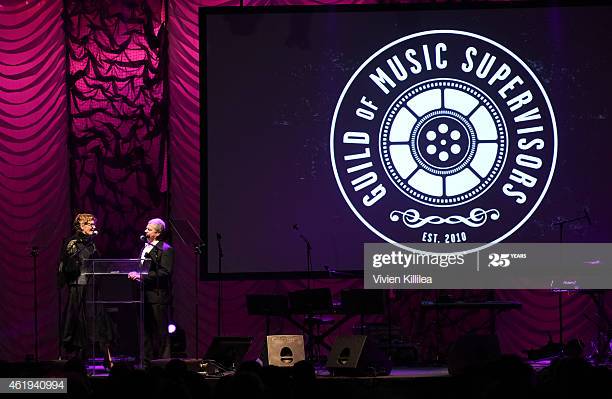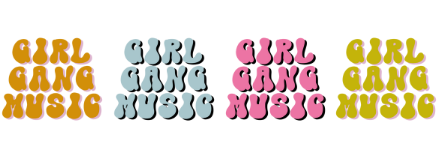- No attachments. Do not clutter up their already cluttered inbox with large attached mp3s. Only include links where they cans tream or listen to the song. Only send mastered tracks. DO NOT SEND DEMOS.
- Disco links are ideal. These are links that allow supes to stream, add to their playlists, or download the dong. Disco has become an industry standard in the sync world, so your chances of being included increase when you make it easy on ’em.
- Make sure you have tagged MP3s or AIFF files and that you have them ready on hand. Once music supervisors find the song they want to use, they will need to “clear it”, which means they need to get the rights to use the song. Sometimes they have lost touch with how they receieved the song, so having your information in the metadata of the MP3 could be a life (and time)saver. To do this, first create a 320kbps mp3 or AIFF from your original WAV file. In the comments, include your contact e-mail, phone number, and “one stop” if you own all of the rights to your song.
- One stop. A “one stop” is a sync agent, artist, or manager, who has the ability to license all the rights in a recording – the musical composition copyright and the sound recording copyright, which are separate copyrights – at once. if you wrote 100% of the song and own 100% of the master, then you have the ability to license the recording fully and can list “one stop” in your pitch.
- Subject line: “Sounds like ___________________”
Supes don’t have time to open every e-mail. But, if they know what they are getting when they open your e-mail, you have a much better chance. - You must have instrumentals. Most of the time, music supervisors will only want to use a few lyrics of your song, or none at all. Think about it: this is supposed to be a soundtrack to the video and not take away, so sometimes modifications to the original song or instrumentals are necessary.
- Consider working with a licensing company. All of the above being said… folks still love working with people they actually know and trust. They tend to have relationships with licensing companies, so finding someone to represent you wouldn’t be a bad idea. 🙂

LOS ANGELES, CA - JANUARY 21: Music supervisor Susan Jacobs and composer / producer Gustavo Santaolalla present an award at the Fifth Annual Guild Of Music Supervisors Awards at Mack Sennett Studios on January 21, 2015 in Los Angeles, California. (Photo by Vivien Killilea/Getty Images for Guild of Music Supervisors)
